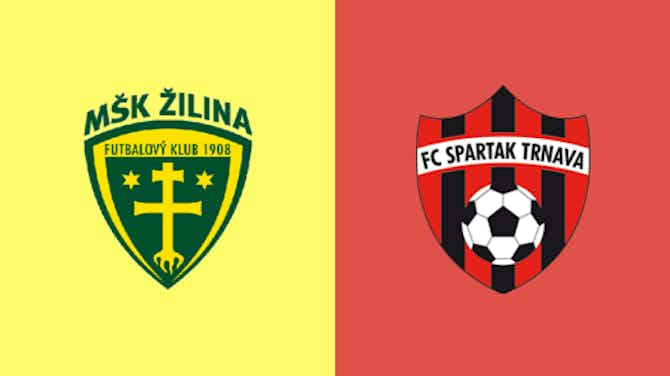Her Football Hub
·8 August 2022
Germany turned their weaknesses into strengths – now it’s at the DFB to build on the success

Her Football Hub
·8 August 2022

Skilled players, young talents, squad depth: Germany had all it takes to succeed at the Euro, that much was clear before the tournament. But in the months before, it just “didn’t click”, partly due to injuries and covid. Just in time, they turned it around and surprised those who had already written the former serial winners off already. Their weaknesses became strengths, the performances were rewarded with unprecedented attention in Germany. Now it’s at the federation to use the momentum and build on the success.
For months, it had felt like the pieces of the puzzle were there, but didn’t fit together. When England won the Arnold Clark Cup in a rather convincing manner, it was clear that for them, just some details at the edges lacked to make the image perfect. For Germany, though, the pieces had been arranged and re-arranged many times, but they still didn’t quite fit. Martina Voss-Tecklenburg experimented, a lot, perhaps too much, as many said. The German manager used a series of different set-ups in defense, looked for solutions, and played midfielders as center-backs, but to no avail. Something was lacking, but what?
Well, one reason Germany’s puzzle didn’t work was that two central pieces weren’t there. Both Alex Popp and Marina Hegering came back from injuries just in time. But their effect was immediate, the striker and the center-back fit into the team perfectly and didn’t need much time to adjust. Another key point was that Hegering coming back allowed Martina Voss-Tecklenburg to move another piece to its ideal place. Lena Oberdorf is a good defender, certainly. But she’s a world-class defensive midfielder and showed again how valuable she is in that role. She won the Young Player of the Tournament award, but was one of the best overall, too.
And then, against Switzerland, the team showed what many expected from them for months. Germany displayed attacking prowess and aggressivity, fluidity, and intuitive combination. Before the tournament, Voss-Tecklenburg hat said that the players’ decision-making was a crucial point in their preparation. She wants the players to decide on their own, to form relationships on the pitch with one another. This approach paid off.
Suddenly Germany was back on the lists as favourites, and some of their weaknesses turned into strengths. They don’t have a distinct style of play, was one of the criticisms. Yes, Germany haven’t mastered one approach, but they can adapt to the opponent.
Against Denmark, the pressing was superb, and the Scandinavians had no time to breathe as the next wave of attack already neared. Against Spain, Germany defended as a collective and showed how much they can give while exposing the opponent’s weaknesses. The Finland game was a reminder of Germany’s squad depth and ability to find spaces against deep blocks. The quarter-final against neighbors Austria was a tough test where luck was on their side but also earned, as they won the important duels in midfield. An impressive display of collectiveness followed in the semi-finals. Germany countered France’s speed and individual skill with a willingness to run and help others. Every time Cascarino, Karchaoui, or Diani tried to dribble, not one but two, three, or four white shirts surrounded them. Finally, the last game against England was the bitter end of a sweet journey. Nonetheless, it was an outstanding tournament.
Lack of clarity turned into flexibility. And similarly, the lack of one star player, as described by some, became team power. Narratives change quickly, so perhaps Germany is another reminder that in football, nothing is black and white. Credit has to be given to Martina Voss-Tecklenburg and her staff, who prepared the team well against each opponent. The coaching team figured out how to neutralize the other team’s weapons while still playing to Germany’s strengths. Not everything was perfect, some defensive worries remain and against big teams, and Germany had a hard time finding better ways to attack than crosses. But it was a strong showing, a courageous performance.
Now the federation must do the same and be courageous as well. The old arguments simply don’t work anymore and now look like half-hearted excuses. There is interest, nobody could possibly deny this. Not after 18 million people watched the Wembley defeat, and thousands of fans celebrated them in Frankfurt. Sustaining this interest is harder than winning it, though, as the past years have shown again and again.
Year after year, fans raise the same concerns, year after year the DFB disappoints them by not doing enough to promote the league. More visibility, more investment, a better TV deal, more support for smaller clubs – nothing of this is new. Now is the moment where the federation must prove that they don’t just enjoy the national team’s title as “winner of the hearts”. They have to ensure future success as well. The puzzle is ready and put together, now it’s at the DFB to make sure it continues selling well. Put it in the spotlight, showcase it, and make sure everyone can see it. If that doesn’t happen, dust comes quickly, and the attention is gone.






























































